The schools in the 16 municipalities of the Algarve will have, at their disposal, a Education benchmark for Security, Defense and Peace, to help form “more capable adults and fuller citizens”. The protocols were signed this Tuesday, April 2, at Escola Secundária João de Deus, in Faro, in a ceremony that was attended by Tiago Brandão Rodrigues, Minister of Education, and João Gomes Cravinho, Minister of Defence.
Both governors – and also Carlos Miguel, Secretary of State for Local Authorities – delivered to representatives of 14 of the 16 municipalities (including presidents, vice presidents and councilors) a USB stick where they can access the Reference and which the mayors will now disclose to the school communities of each municipality.
Loulé and Vila do Bispo were not represented, but they will also have the Reference at their disposal.
And what specifically does this document foresee, which has already been delivered in seven other districts of the country?
Now, the main objective is to disseminate the values and matters of security and defense to all students, from pre-school to secondary education.
The goals vary, even so, taking into account the level of education. For the 1st cycle, for example, some objectives are to know the national symbols and their meanings (the Flag and the Anthem) or to recognize the importance of the Armed Forces and the security forces.
For secondary education, a more advanced level is already intended, with the objectives passing through the knowledge of what the United Nations (UN) and its specialized agencies in security and peace are. Students are also expected to know how to analyze the causes and consequences of discrimination phenomena.
João Gomes Cravinho explained that there will be no “own discipline” to work on these issues.
«This can happen in Portuguese and Physics classes. Teachers can use this instrument, which has a set of ideas on how to articulate themes with students and how to motivate them to think about it», he added.
Even so, in the 2nd and 3rd cycles and secondary education curricula, there is already a subject called Education for Citizenship, where, theoretically, these issues can be worked on with greater determination and dedication.

“There is an awareness that students need to keep thinking about these matters, because it is part of being citizens of the future. We can, for example, teach what the meaning of peace is. Is it just the absence of violence? How do our institutions contribute to peace? What are the challenges and threats we face today? Basically, a set of matters centered on what peace and security are today will be worked on,” explained the governor.
The Referential will reach “all schools” in the 16 municipalities, but its application now depends on “groups and teachers”.
Implementation this year is also subject to the decision of each school, but the defense minister explained that this "will be difficult" as we are already two months from the end of the school year. "It will be easier from 2019/2020", he considered.
As for the teachers, they will have specific training actions on the Referential. «It is not enough to distribute a document. It is necessary that teachers also reflect on the values they will pass on to students», said João Gomes Cravinho.
And it was precisely the students who filled the auditorium of the João de Deus Secondary School, in Faro, which Tiago Brandão Rodrigues, Minister of Education, addressed in his speech.
"Although you do not understand, for now, the added value of this reference, believe that it will accompany you for life and make you more capable adults and fuller citizens," he said.
For the governor, "all these issues are fundamental." “Through education for citizenship, we can fulfill our democratic Portugal”, he also considered.

"Make the Algarve a full Algarve, so that our people can develop with full citizenship", he shot straight.
To Rogério Bacalhau, president of the Chamber of Faro, this is also a «very relevant document, which makes us all think about how we can raise the level of knowledge and capacity development in these areas».
"We hope that it proves to be an essential reference for children and young people to constitute themselves as active citizens," said the mayor from Farense.
The protocol signing ceremony, which was preceded by a visit to two classrooms, also had an embarrassing moment: the presenter on duty called the mayor of Albufeira, but using the name of Carlos Silva e Sousa, died unexpectedly last year.
There was a moment of amazement in the room, until someone alerted the presenter to the gaffe committed, which then called the right person, the current president José Carlos Rolo.
Photos: Pedro Lemos | Sul Informação
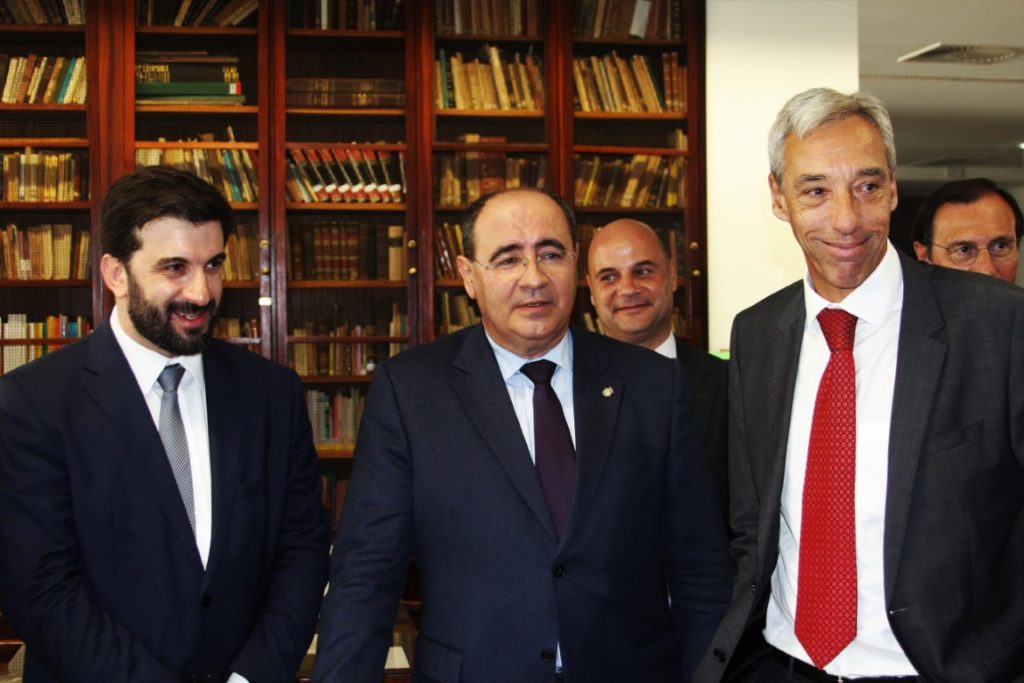



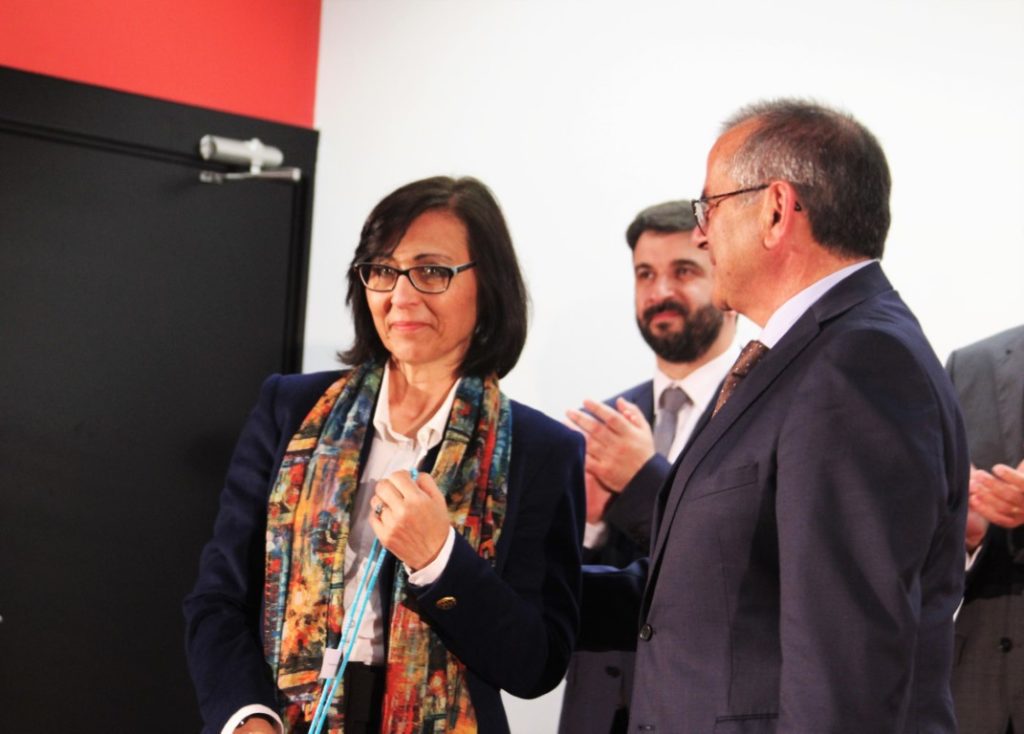

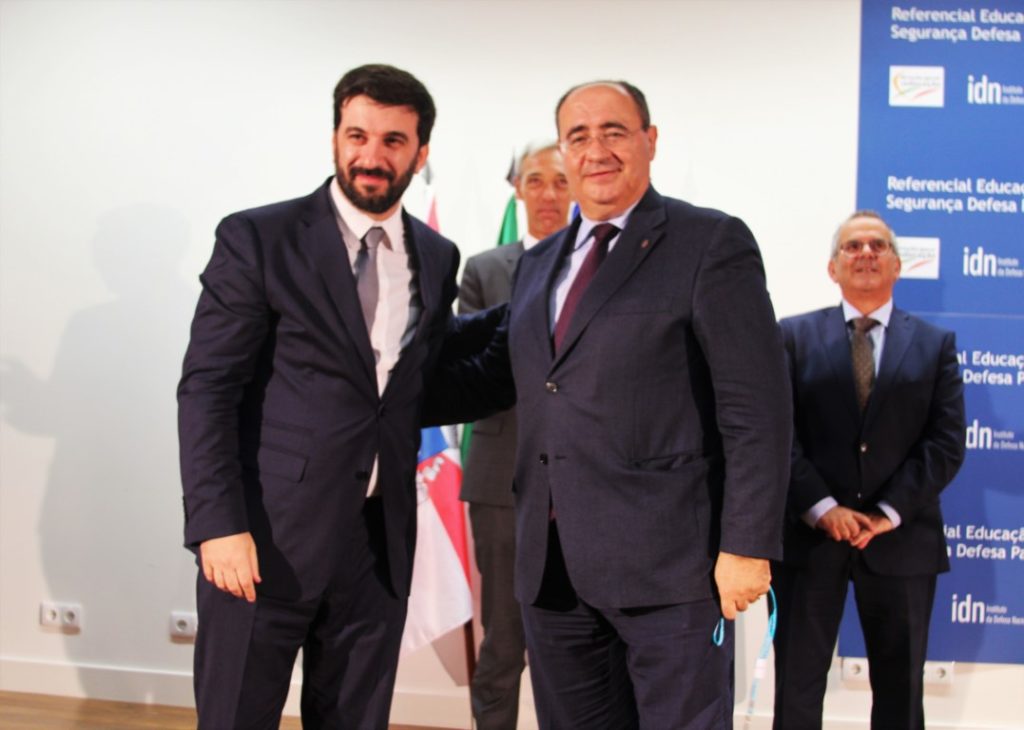


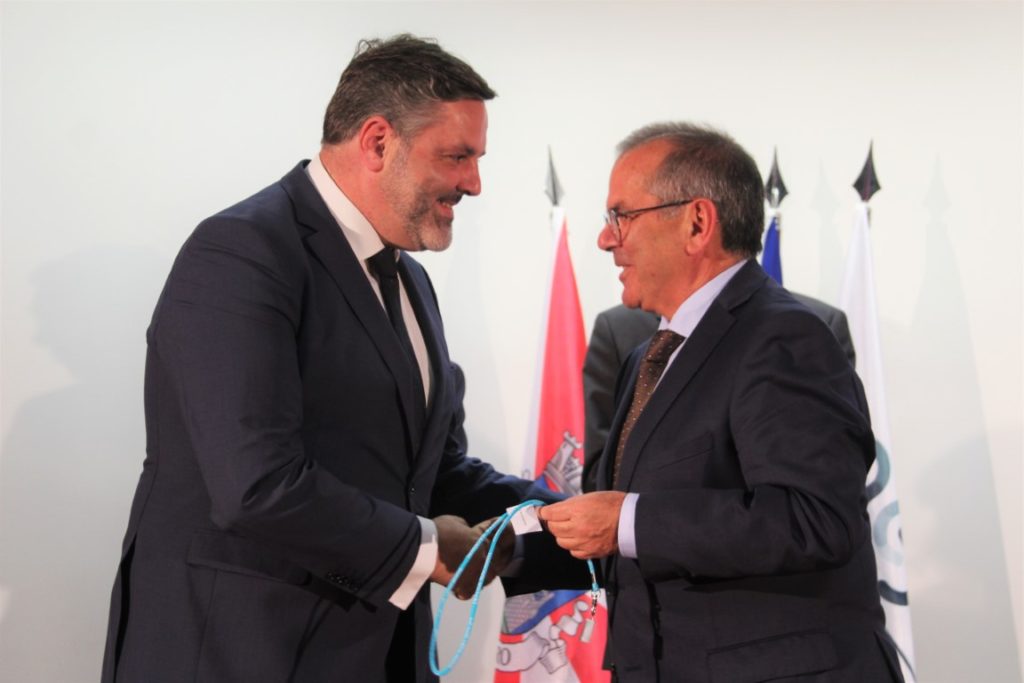

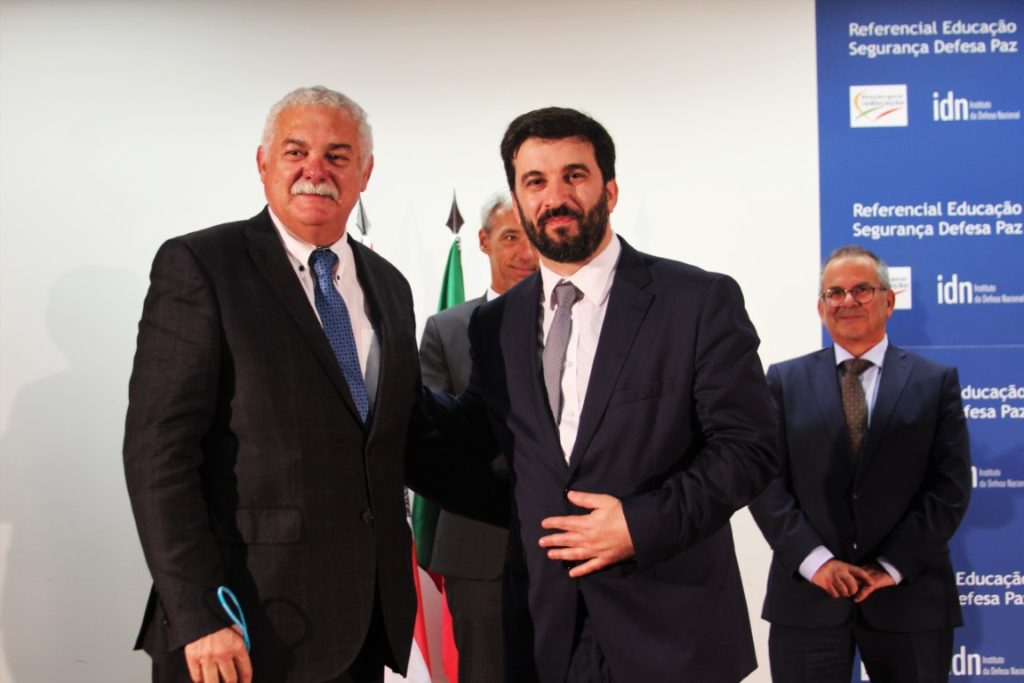



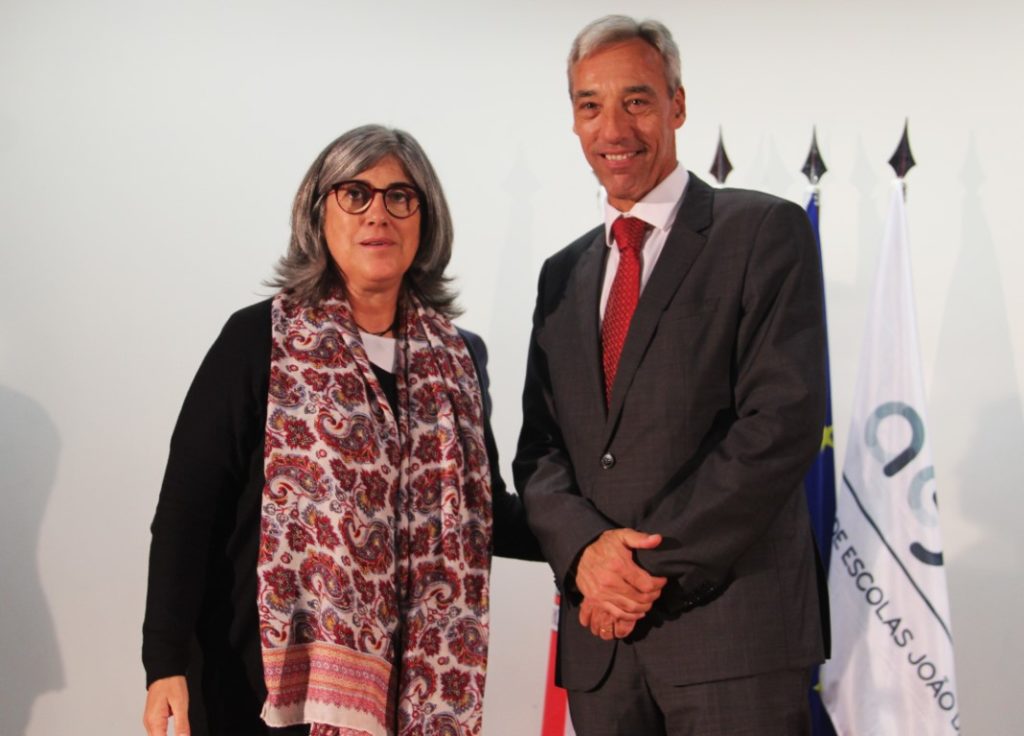




























Comments